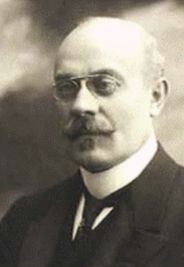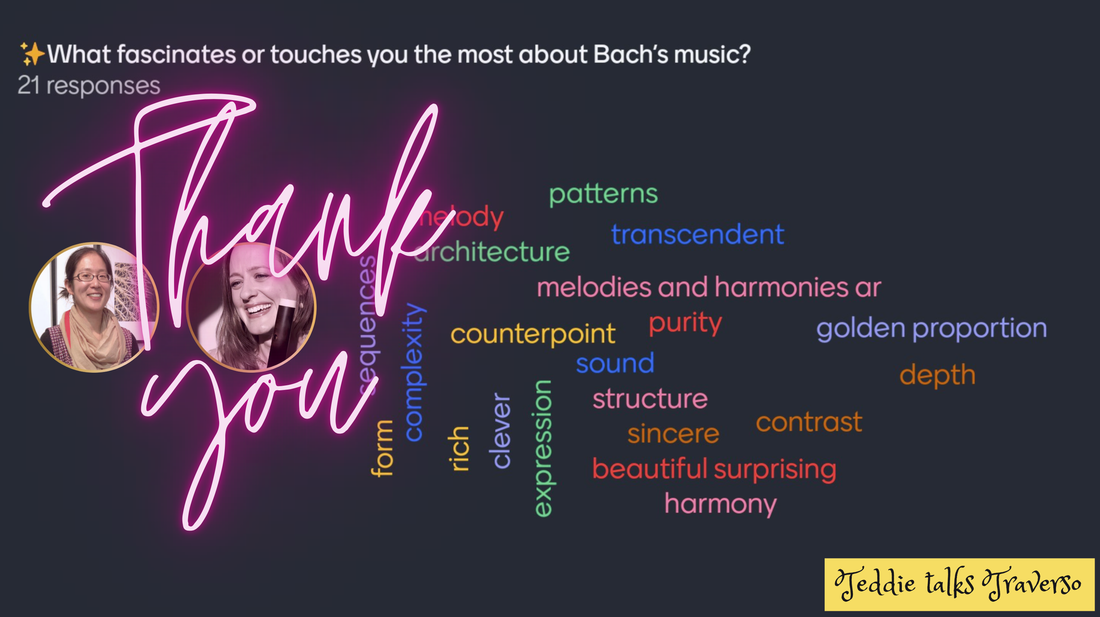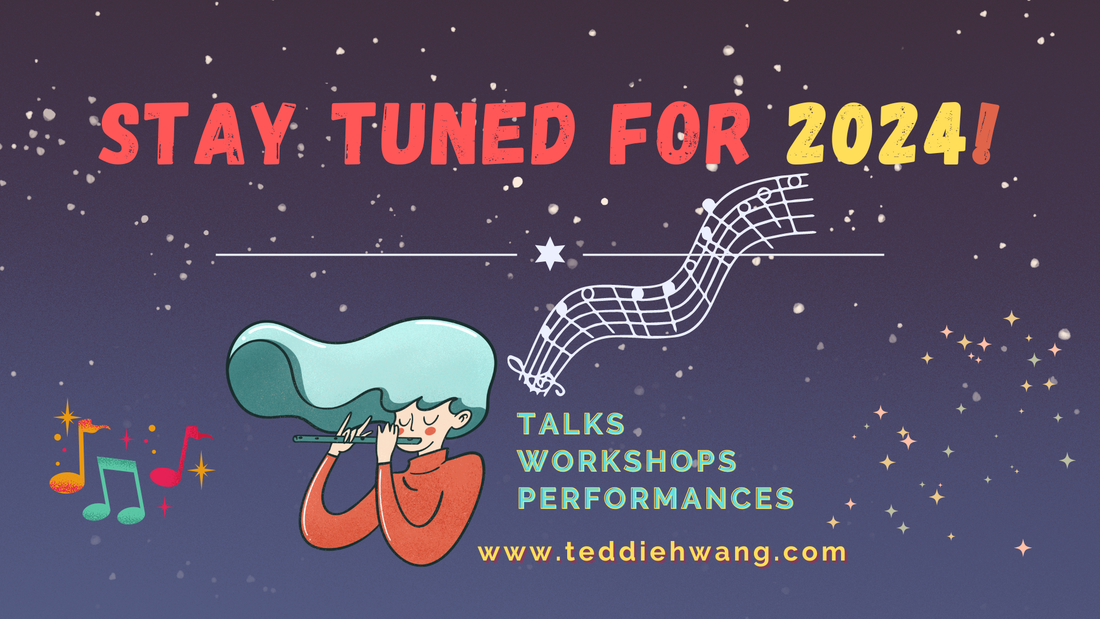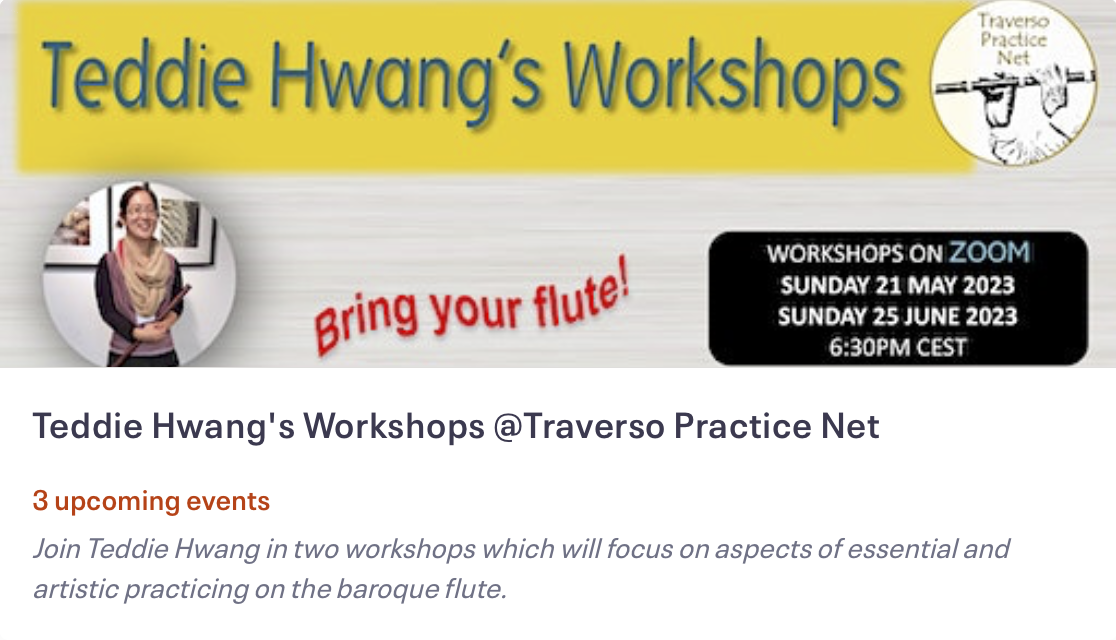|
Raise your hand if you play (or have played) Andersen etudes!✋🙌 Did you know that Joachim Andersen actually didn't play the flute that's familiar to us, but rather "old system" flutes which differed greatly from the Boehm flute that we all know? Yet his name has become so well-established in the world of modern flute pedagogy. It took quite a while before the Boehm flute became the concert instrument of Western music, but that has always been the case with the history of the flute. Trends and changes occurred over time and there were always periods of overlapping. Playing with this idea, I decided to record some of his etudes on my 8-keyed Kirst flute, which actually dates from a much earlier period and would not have been the flutes used by Andersen. Nevertheless, the instrument can still deliver those qualities found in Andersen's musical language, even if it's perhaps less "powerful" than its later counterparts. In addition, I found my knowledge in earlier styles have actually helped me to gain a deeper understanding and appreciation for later music. Above is the B minor etude from his Op. 37, let me know what are your impressions of hearing this music on this flute! More on Andersen's Op. 37 in my upcoming workshops in April, the early bird rate ends this Sunday! https://www.eventbrite.de/e/on-j-andersens-op-37-26-kleine-capricen-parts-i-ii-tickets-811645843567
0 Comments
A big THANK YOU to everyone who decided to spend time with us this past Sunday! Here's a glimpse of some of our conversations - we really enjoyed sharing our thoughts, as well as hearing from you with such a variety in inputs and comments.
We look forward to seeing you at our Matthew Passion workshop on March 3rd to really dig deep into Bach's music! Don't miss the early bird rate which ends on Feb. 4th👌 2023 has been a year with many new ideas and projects, and I promise there'll be more in the coming year! Thank you all for your interest and support, for sharing your love for music, historical flutes, and photography with me. The smiles and feedback I receive are one of the most rewarding experiences in my life.
I apologize that it will still take some time before I can reveal some exciting new events for 2024. However, I will definitely deliver an official announcement in January, so be sure to subscribe to my newsletter if you haven't already so that you don't miss out on any of my updates! I wish everyone happy holidays and wonderful end-of-the-year celebrations. I'm thrilled to be rolling out two workshops on Traverso Practice Net, both of which are topics that are central to my flute-playing and musicianship.
Whether you are a baroque flutist, a modern flutist, or player of any other instrument, join other like-minded players in learning the essential fundamental knowledge which will give you a fresh perspective in music-making. Sunday May 21: Practicing Baroque Flute - a musical approach to etudes and exercises Sunday June 25: Music and Imagery - playing with a 3-dimensional sound For more information and registration, visit our Eventbrite page. Sign up for both workshops to get a discount! I recommend registering at least one week in advance to benefit the most out of the session, as I will hand out some materials prior to each workshop.  Carl Joachim Andersen (1847-1909) was a Danish flutist, composer, and conductor. Amongst flutists today he is most known for his many etudes and studies written for the flute and thus holds great pedagogical importance. His etudes tackle all aspects of flute-playing and most probably all flutists have encountered them at one point or another. In my early years, an Andersen etude was a regular part of my weekly flute assignments. Now with much more knowledge in musical style and aesthetics, I'm happy to say that I can appreciate them much more than I could before, to the point that I can even feel creative with them. I treated each of the six etudes that I've recorded as "real music", something that one would program and perform in a concert. I really enjoyed the flow of creativity I felt while crafting and crystalizing a distinct character for each of these pieces, carefully observing Andersen's indications but also sometimes diverging from them slightly.From the technical aspect, I gained a lot from experiencing how to work the breath appropriately for the type of phrasing required. While the classical keyed flute I recorded on originates from a much earlier time period, non-Boehm* system flutes were certainly still used in the beginning of the 20th century. Andersen himself played on a Meyer flute, also a non-Boehm flute. When properly chosen, this music can certainly be played on earlier instruments. It's a great way to expand one's technique and repertoire. I hope my recordings will inspire fellow flutists to dig deep and discover little treasures in whatever music they're working on! *the Boehm flute is basically the western classical flute we know today. |
READ MORE:
All
TEACHING:I'm specialized in coaching historical and modern flutists. CONTACT ME directly to set up a session, in person or online. ARCHIVES:
March 2024
|



 RSS Feed
RSS Feed